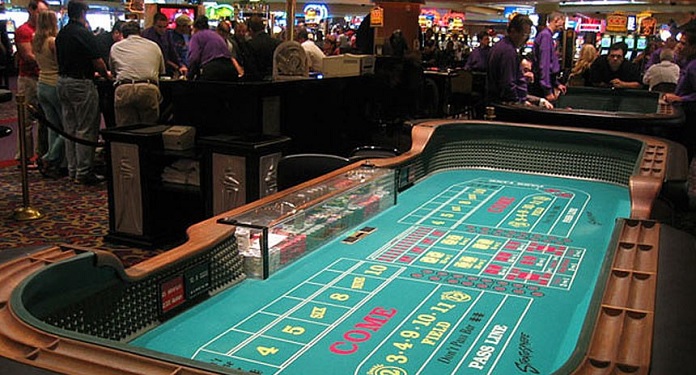This year, Brazil reaches the mark of 75 years without having a casino in operation. The decision was taken by then president Eurico Gaspar Dutra with a view to ‘preserving good customs’. In 1986, four decades after the ban, São Paulo governor João Doria (PSDB), president of Embratur at the time, supported the return of casinos in the country.
At the time, opponents claimed the danger of an increase in organized crime. As time goes by, it becomes more and more evident how inadequate the measure was. After all, Brazil had and still has more serious issues complicating social relations and crime continues to grow.
According to the Poder360 website, Cuba and nations with governments based on religious fundamentalism are in the group, in addition to Brazil, which impedes the operation of casinos. The richest countries not only authorize but also charge taxes and investments, which revert to the entire society and not only to those who practice this activity.
From the investment of billions of dollars, Macau and Singapore have resorts integrated with casinos that attract millions of visitors annually. Japan, in turn, has already announced approval. This system of integration of casinos and resorts is also supported by the Government of São Paulo.
Integrated Casinos Can Increase Brazil’s Tourism Industry
In the US, casinos are located in several regions. The state of Nevada, where Las Vegas is located, is the best known and only 25% of the revenue comes from gambling. Most of the revenue is linked to other areas, such as events, seminars, concerts, accommodation, commerce, restaurants, among others.
In South America, 50% of visitors who come to Uruguay to play are Brazilian. The neighboring nation has around 3.2 million tourists, while Brazil has stagnated with six million international visitors. But, this situation can be changed.
The authorization for the implantation of resorts integrated with casinos in the national territory is being evaluated by the National Congress, as in the Bill 4.495/2020, by senator Irajá Abreu (PSD-TO). The text links the operation to a much higher investment than that made in gaming halls. It includes event centers, theaters, luxury hotels, theme parks, spas. etc.
All this serves to leverage the tourism sector. Resorts integrated with casinos need to be seen as undertakings that currently do not exist in Brazil, made possible by capital that circulates on the planet, eager for places where it can be applied safely. So the game is part of it, just not the whole thing.
Unlocking Integrated Resorts May Boost Other Areas of the Economy
Debating variations, such as how many projects would be allowed, the minimum distance between them, the percentage of built-up area, the minimum investment, the form of selection is interesting.
As long as you don’t run away from the intention: to get investment, open millions of new jobs, generate taxes and social development, in addition to attracting new international visitors, reducing debt evasion.
However, it is essential to assess this issue clearly. Currently, there is the chance to analyze and approve a measure that, kept in its essence, will help to attract investment and construction of casinos integrated to resorts.
Regardless of the political issue, there is a reasonable alignment on the relevance of approval for the growth of regions from the tourism segment and other branches, such as the entertainment industry, culture and creative economy.




















































